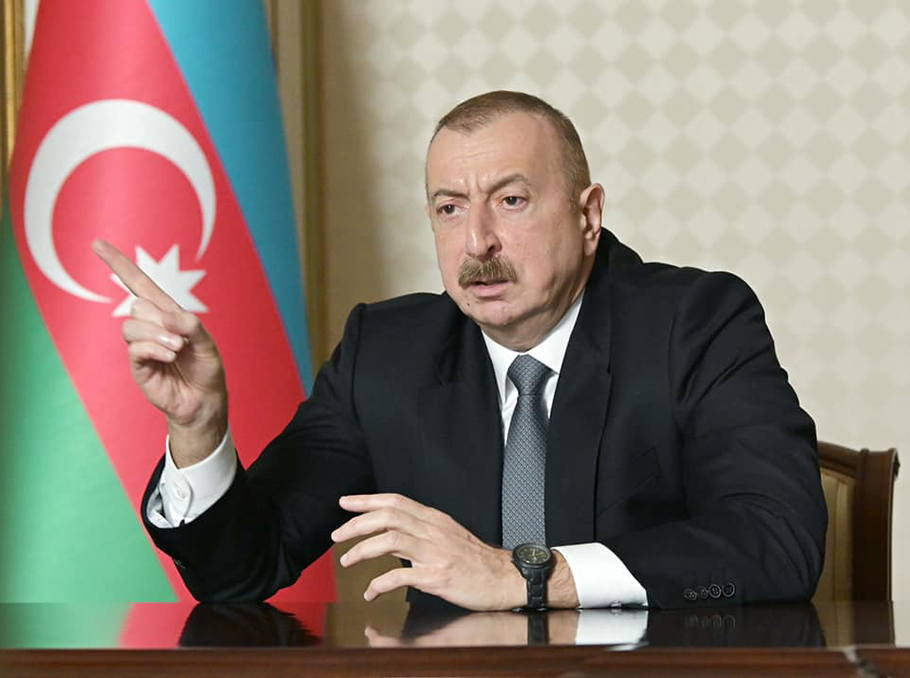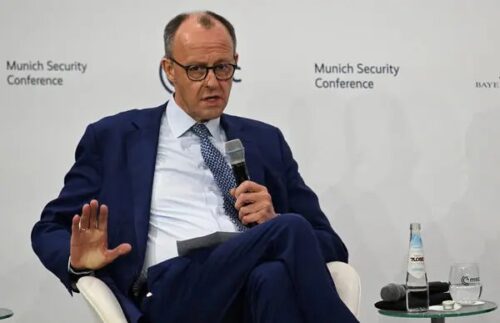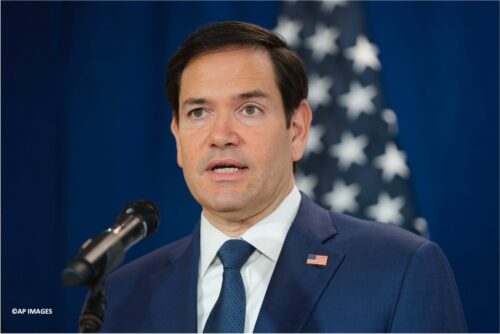
Freedom House: After seizing Artsakh by force, the Aliyev regime put extreme pressure on its citizens
In early November, the world’s leaders, environmental activists, and researchers will gather in Baku, the capital of Azerbaijan, for the 29th Conference of the Parties (COP29), the United Nations’ annual forum on climate change. For the third year in a row, the “supreme decision-making body” of the UN’s Framework Convention on Climate Change is being presided over by an authoritarian petrostate—a state that is heavily reliant on fossil fuels, Freedom House writes.
As noted, little more than a year ago, Azerbaijani armed forces launched a lightning military assault on the territory of Nagorno-Karabakh, dissolving the territory’s political, legal, and civic institutions and displacing virtually the entire population of ethnic Armenians. Since then, Azerbaijani President Ilham Aliyev’s regime has turned up the dial of oppression both within and outside of Azerbaijan. While calling publicly for a “COP29 truce” to “transcend political differences and stand together in unity,” in actuality, Azerbaijani authorities have only escalated the crackdown across the country.
Allowing autocrats to burnish their reputations by hosting global conferences potentially threatens to undermine efforts to address urgent global issues and challenges and the credibility of multilateral forums. The international community must not miss the opportunity to use COP29 to draw attention to Azerbaijan’s human rights record and advocate for change.
Azerbaijan is among the least free countries in the world. The country lacks a free media and the rule of law and prohibits freedom of assembly. The operation of opposition political parties and civil society organizations is tightly controlled by authorities. Since violently seizing the territory of Nagorno-Karabakh last year, the Aliyev regime has unleashed an extreme crackdown on citizens and further cemented the president’s power through unfair elections.
Ahead of the arrival of the international community this November, Baku has sought to stave off any public discontent or dissent by “clearing out critics”.
Aliyev’s repression is not contained within the borders of Azerbaijan. The authorities in Azerbaijan have a track record of helping both Turkey and Russia target their dissidents living in exile. In recent years, critics of Aliyev have faced violent attacks in Europe, and Azerbaijani journalists reporting from neighboring Georgia have received threats. Last month, Vidadi Isgandarli, a prominent critic of the Aliyev regime living in exile in France, was violently attacked at his home by unknown assailants. Isgandarli was stabbed more than 20 times during the assault, and died as a result of his injuries two days later.
All of this bodes poorly for the safety of those soon heading to COP29. It is not too late to use the event to highlight the ongoing abuses perpetrated by the Aliyev regime and advocate for a greater respect for human rights.
As a starting point, participating governments should insist that authorities guarantee the safety of all domestic and international civil society actors in or traveling to the country to ensure that these important climate negotiations are inclusive and meaningful. Likewise, all participants should use every opportunity to voice strong concerns about Azerbaijan’s crackdown on civil society, especially highlighting the plight of environmental activists, thereby limiting the regime’s ability to use the conference to greenwash its record. Finally, with so much attention on the country, this is a crucial time to advocate for the immediate and unconditional release of the nearly 300 political prisoners held in Azerbaijan.


